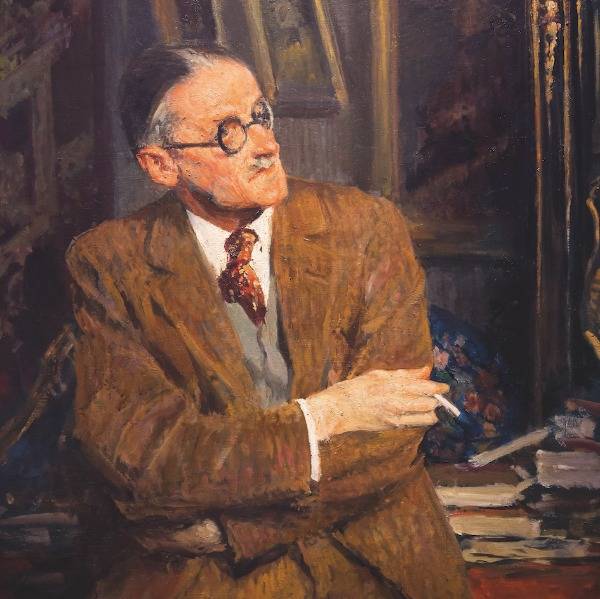This article appears in the Witness section of the Autumn 2019 issue of the New Humanist. Subscribe today.
In 2017, Hamza bin Walayat applied for asylum to the UK, arguing that as a humanist, he would face persecution in his home country of Pakistan. “It is simply not possible to be non-religious in Pakistan,” he told New Humanist. He had received death threats from his family over his decision to leave Islam. The crime of blasphemy in Pakistan carries the death sentence.
His application was refused after he failed to identify Plato and Aristotle as humanists during his Home Office interview. The letter said: “Your knowledge of humanism is rudimentary at best and not of a level that would be expected of a genuine follower of humanism.” For Walayat, the decision was devastating. “When my claim was refused I felt like a dead man on a borrowed time,” he says. “Instead of giving me protection they refused me due to lack of their own knowledge.”
The case prompted outcry. Humanists UK launched the “Save Hamza” campaign. More than 12,500 people signed a petition protesting the decision, and 150 philosophers signed a letter pointing out that humanism is not a religion with canonical set texts. New Humanist was one of the first publications to cover Walayat’s story.
On 15 May, the decision was overturned; Walayat has been granted asylum. “Having asylum in the UK means life to me and I am grateful,” he says. “I can have a normal life, have friends and express my views. I can be myself without having to fear for my life.”
As Humanists UK and others have pointed out, the Home Office decision was based on a basic misunderstanding of humanism, which is a world-view, rather than a codified set of beliefs. “I failed my interview because I did not name Plato and Aristotle,” says Walayat. “This line of questioning revealed a much bigger problem than just my case, with a general lack of understanding about non-religious people, their beliefs, and the issues apostates face.”
Last year, Humanists UK raised the issue of non-religious people and asylum claims at the UN Human Rights Council, pointing out that “member states continue to deny asylum to apostates and non-religious people facing persecution.” But Walayat’s ordeal appears to have had a positive impact. Home Office caseworkers now receive compulsory training on non-religious asylum claims. Walayat is studying for a degree in computer science in Manchester. “I have been amazed by the wider changes to asylum assessment that my case has brought about,” he says. “I am glad that the Home Office will receive training to make sure what happened to me doesn’t happen to anyone else.”

